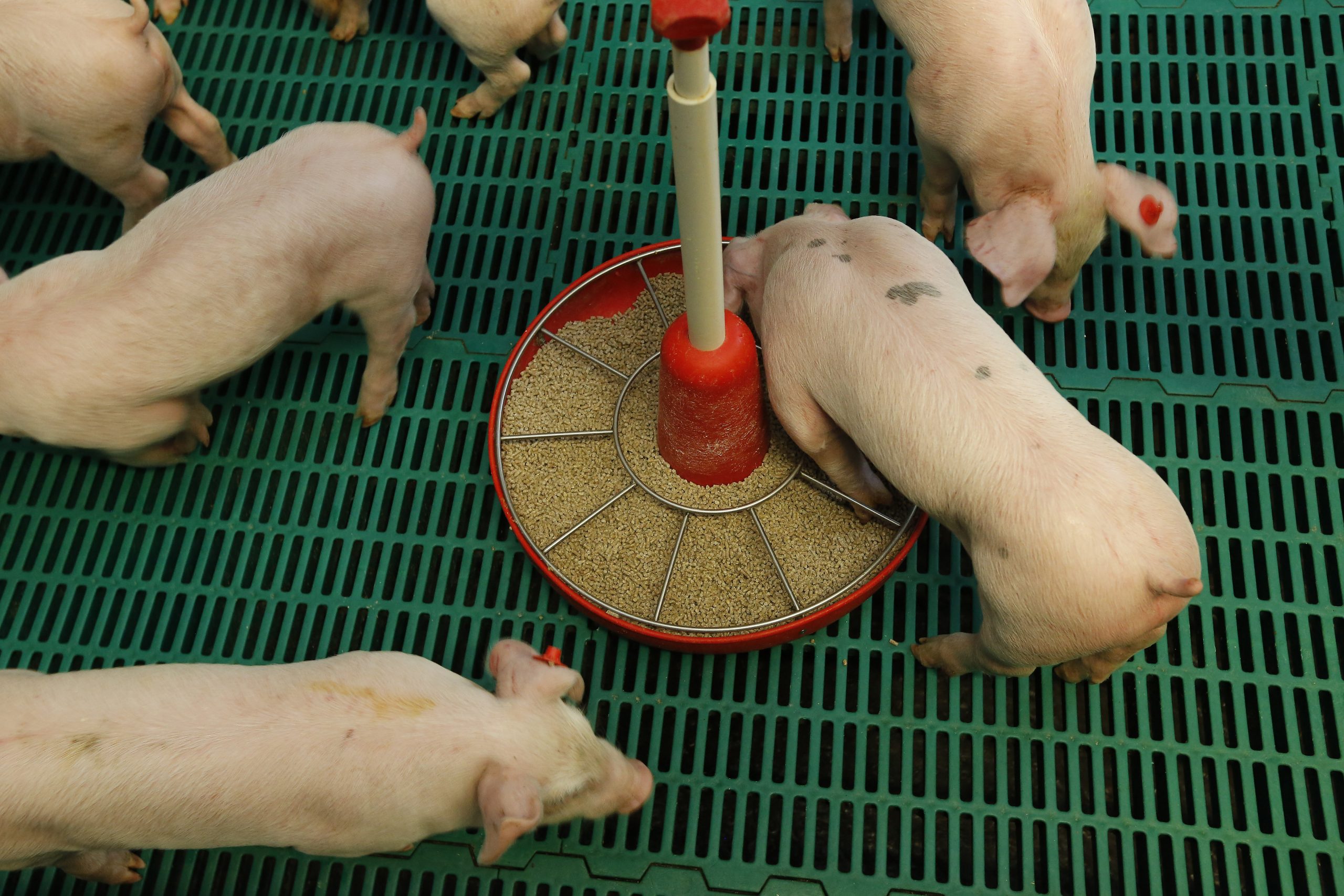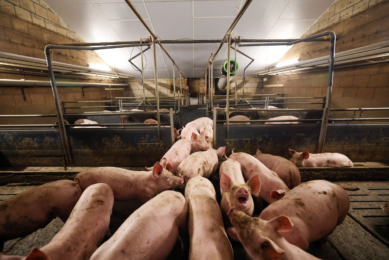Ban on zinc oxide adopted by EC

The European Commission (EC) has voted in favour of a ban on the veterinary use of zinc oxide. The EC named a transition time of maximum 5 years to phase out the product.
The use of zinc oxide in pigs will be prohibited. The decision was adopted last week by a majority of European Member States. It is expected that the formal confirmation will follow soon. As of that date, EU Member States have to choose when the ban for their country will be implemented. This has to be done within the 5-year transition period. It is expected that some countries will need more time than others.
Zinc oxide may mask decreased antibiotic use
The use of zinc oxide for weaned piglets is controversial. It is said that Methicillin-resistant Staphylococcus aureus (MRSA) can carry zinc-resistance genes for example. In addition, the product has a negative effect when it enters the environment via slurry. The Dutch Veterinary Medicines Institute (SDa) also claims that zinc oxide may have some antibacterial activity, which in turn can mask a decreased antibiotic use. For the EU, all of this is reason enough to phase out zinc oxide. Earlier this year, at the request of the Netherlands and France, the Committee for Medicinal Products for Veterinary Use (CVMP) made a so-called ‘class referral’ list, consisting of all veterinary medicinal products containing zinc oxide. It is concluded that the benefits of using zinc oxide to prevent post-weaning diarrhoea do not outweigh the disadvantages.
Alternative methods for post-weaning diarrhoea
The reason why the EU has a 5-year transitional period has to do with the high functioning level of zinc oxide. Denmark is known for considerable use, for example. Zinc oxide is known to be a very effective way to tackle post-weaning diarrhoea. Therefore, EU Member States have enough time to work on alternative methods to tackle this problem in piglets.











